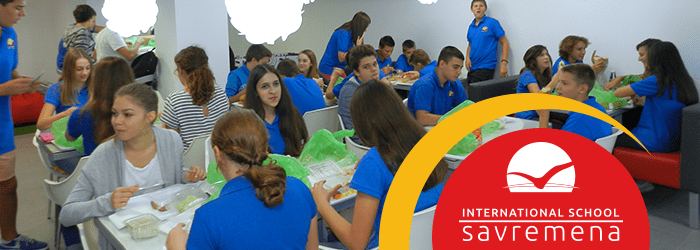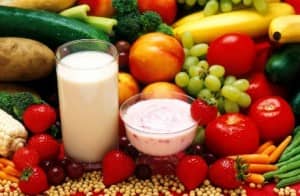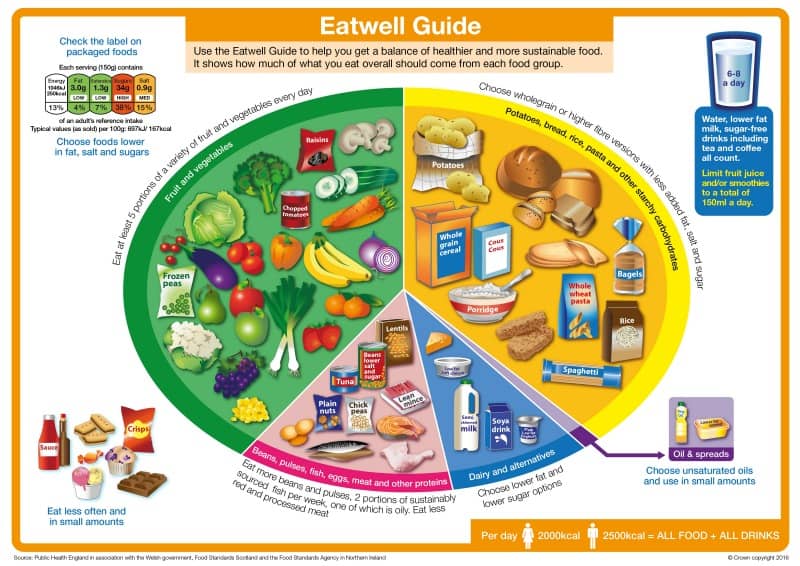Mental food, the researchers find, has a lot to do with real food. The strength of the evidence collected by the experts in children’s nutrition is quite convincing: beyond doubt, healthy eating positively affects not only the students’ academic success, but also their attitude towards learning, and their behaviour in general.
Eating well brings about higher marks, improved memory pathways, faster operation of the brain, as well as better overall health, which, in turn, leads to fewer absences. In a nutshell, healthier students are better learners.
Eating well improves cognitive skills
Nutritional status of teenagers plays a crucial role in their maturity and mental capacity. As they grow, a proper balance of protein, fat, complex carbohydrates and fibre can improve their reasoning and perception skills, leading to enhanced cognitive skills.
Likewise, vitamin and mineral deficiencies can decrease the discharge of dopamine, a neurotransmitter vital for the learning process. Lack of vitamins B and E, as well as iron, thiamine, iodine and zinc, can inhibit the teenagers’ cognitive abilities and mental concentration.
The scientists have found a strong relation between the students’ self-confidence and self-image, and healthy eating habits.
Healthy students have higher self-esteem, establish better relationships with the community, and engage more in socialising. On the other hand, poor nutrition and unbalanced meals are factors in chronic health issues such as heart disease, obesity and diabetes, as well as eating disorders such as anorexia and bulimia.
Around the clock
Skipping breakfast is a typical mistake teenagers make, justifying it with the morning haste and waking up late. However, the morning dose of nutrients nourishes the brain and gives it the energy required for mental processes during learning. Low glycaemic index foods, such as fruits, vegetables, nuts, cereals and whole-grain breads, facilitate information processing.
The morning fuel runs out around noon, when the energy level increases and the brain is fully open to new knowledge.
The hungry brain and the empty stomach are ready for a balanced meal which will keep the body up and running until dinner.
Good nutrients positively affect the students’ attention span, and make them more focused and involved in the learning process.
A, light dinner, ideally served before sunset, ends the school day with a dose of protein, fat, complex carbohydrates and fibre, which is conducive to a good night’s sleep that provides a quality rest for the ever-developing teenage body.
The Eatwell Guide
After years of extensive research, top scientists have determined the best combination of nutrients. The plate below is a visual representation of a healthy, balanced diet, where each section of the food group is shown in accordance with the recommended daily intake.
The Eatwell Guide is based on the main food groups that combine to provide a healthy, balanced diet:
- Potatoes, bread, rice, pasta and other starchy carbohydrates
- Fruit and vegetables
- Dairy and alternatives
- Beans, pulses, fish, eggs, meat and other proteins
- Oil and spreads
- Drink 6-8 cups/glasses of water each day
The Eatwell Guide is an easy-to-use, comprehensive source of reliable information on the nutrients that ensure healthy growth and balanced intake, with just the right combination of ingredients.
Source: https://www.food.gov.uk/sites/default/files/media/image/eatwell-guide_0.jpg
What to avoid
In this fast-pacing world of ours, the students rely heavily on fast food, pastry and sweets, which are convenient and readily available in a nearby shop. However, these foods are rich in sugar, salt and saturated fat, which, in the long run, cause high blood pressure, high cholesterol and diabetes, along with obesity and tooth decay.
Therefore, students should replace hamburgers with lean meat and fish, pastry with cereals, sweets with a variety of fruits, and fizzy drinks with non-carbonated water. Poor diet inhibits the release of dopamine, a key factor in motivation and productivity, which can leave the students unfocused, lethargic, and even depressed.
Watch how the food you eat affects your brain:





